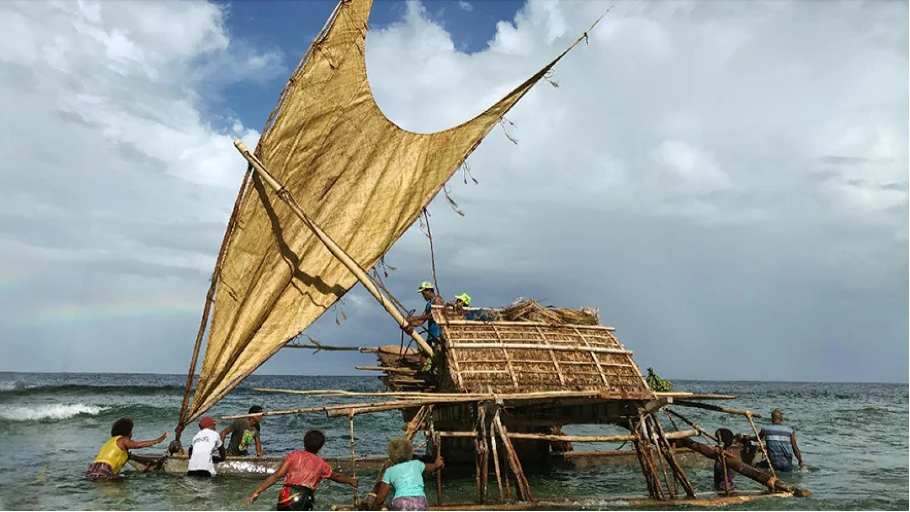Re-wording: Discovery
- Kara Johnson

- Dec 14, 2022
- 1 min read
Some of the terminology we commonly use in archaeological and/or Indigenous contexts can reinforce colonial mindsets. Recognizing and re-wording in these cases is a simple and meaningful way to show respect for Indigenous sovereignty.

The American education system raises us with the narrative that the New World was discovered in fourteen-hundred ninety-two, when Columbus sailed the ocean blue! This notion of discovery has really only been recently widely challenged, and I think it is safe to say that it has very unlikely been rid of in children’s education as of yet.
In her 1999 book, “Decolonizing Methodologies,” Linda Tuhiwai Smith teaches us that this use of the word discovery was a deliberately utilized tool of colonization. Discovery empowers colonizers to dominate the discovered, all while maintaining their innocence, as if their brutality wasn’t throughly calculated. I would also argue that the term New World works in similar ways to demolish the idea that there was anything meaningful occurring in the Americas before colonization.
This "Doctrine of Discovery" (Smith 1999) is insidious and outdated, yet it still creeps its way into discourses about Indigenous peoples and the colonization of the Americas. Let's just call colonialism and imperialism what it is okay? Okay.
Smith, Linda Tuhiwai. 1999. "Imperialism, History, Writing and Theory." In Decolonizing Methodologies: Research and Indigenous Peoples. 21-47. London: Zed Books.



Comments